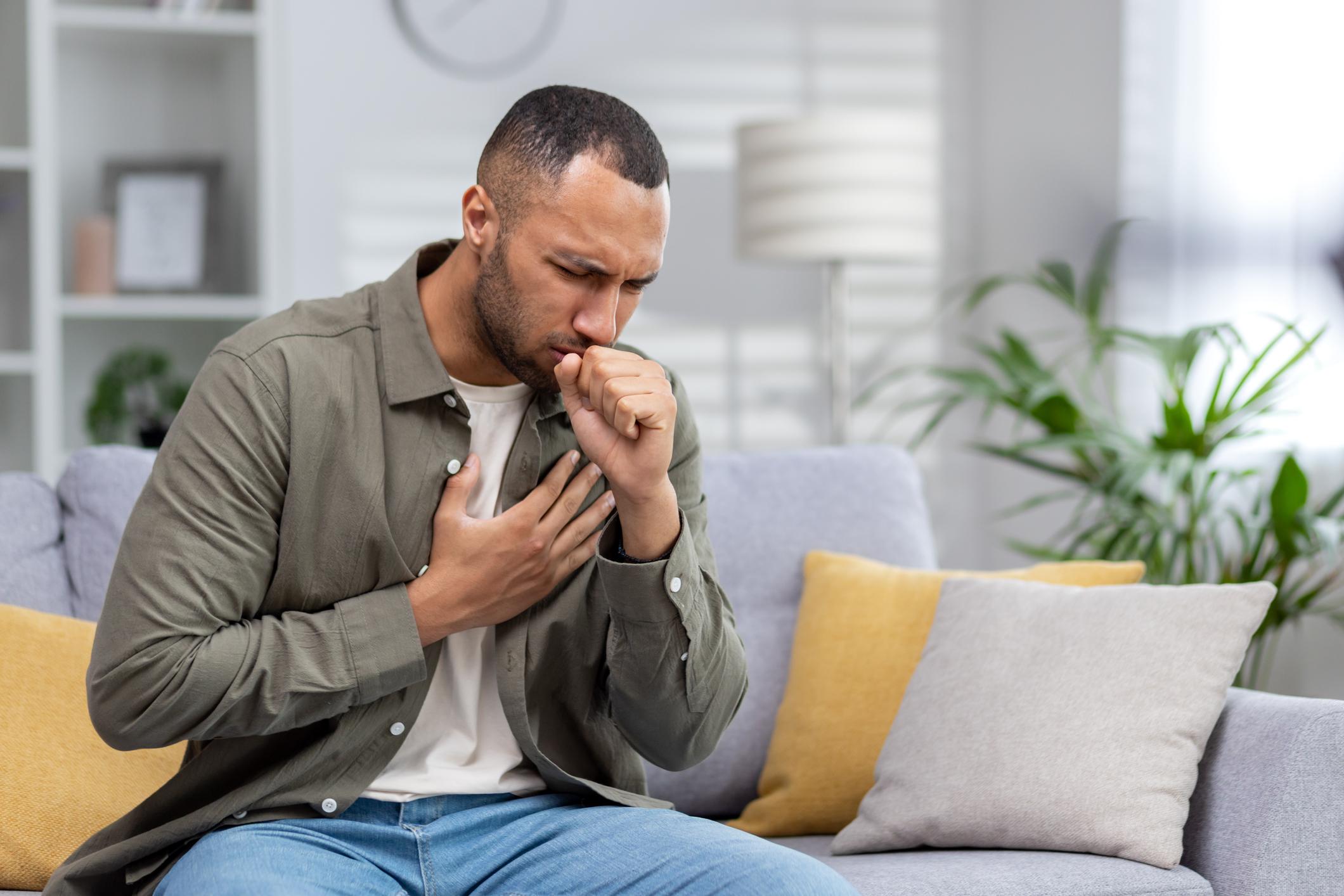A pharmacovigilance study will be set up to understand the adverse effects of Baclofen, according to a press release from Lille University Hospital. The Baclophone study was launched by the Health Research Department of the Lille CHRU. Dr Benjamin Rolland, psychiatrist, is the Coordinating Investigator in partnership with the regional pharmacovigilance center of Lille.
This study will be carried out with 800 patients proposed by 150 prescribing doctors. The volunteers interviewed by telephone will describe the side effects of the treatment.
“The study will make it possible to better separate the adverse events specific to Baclofen (fatigue, sleep disorders, ringing in the ears, etc.) from those linked to other causes (taking alcohol, drugs or other medications. for example to sleep or against depression; disease unrelated to this treatment for alcohol dependence)“Dr Rolland told AFP.
Baclofen, a muscle relaxant currently prescribed in neurology, became popular with the release of Olivier Ameisen’s book “The Last Glass”. This alcoholic cardiologist explained how this drug taken in high doses had suppressed his desire to drink. Since then, Baclofen has often been prescribed without Marketing Authorization (AMM). The National Health Insurance Fund for Salaried Workers (Cnamts) estimated in January 2015 that 100,000 alcohol-dependent patients had received Baclofen prescriptions. In March 2014, the National Medicines Safety Agency granted a temporary recommendation for use (RTU) measure for Baclofen. Despite this legal framework, few patients are currently included in this RTU.
In France, alcohol is consumed without moderation
The French also consume 11.1 liters of alcohol per year and per capita, which places them in 7th position, behind the Lithuanians, the largest consumers of the OECD with more than 14 liters, according to the latest figures from the Organization for Economic Co-operation and Development (OECD). Now thealcoholis a real public health problem. More than 200 diseases are linked to its consumption: infectious diseases, traffic accidents, injuries, cardiovascular illnesses, diabetes… Pathologies or accidents which account for 5.9% of annual deaths. One in five deaths worldwide is the result of the ravages of alcohol, according to the World Health Organization (WHO). And 3.3 million people died in 2012, against 2.5 million in 2005. Each year, 320,000 young people aged 15 to 29 die of alcohol-related causes, recalls the WHO.
Read also:
Alcohol: what is a little too much drinking?
Alcohol and cannabis: addictions that poison the work
Alcohol: the French drink too much


















